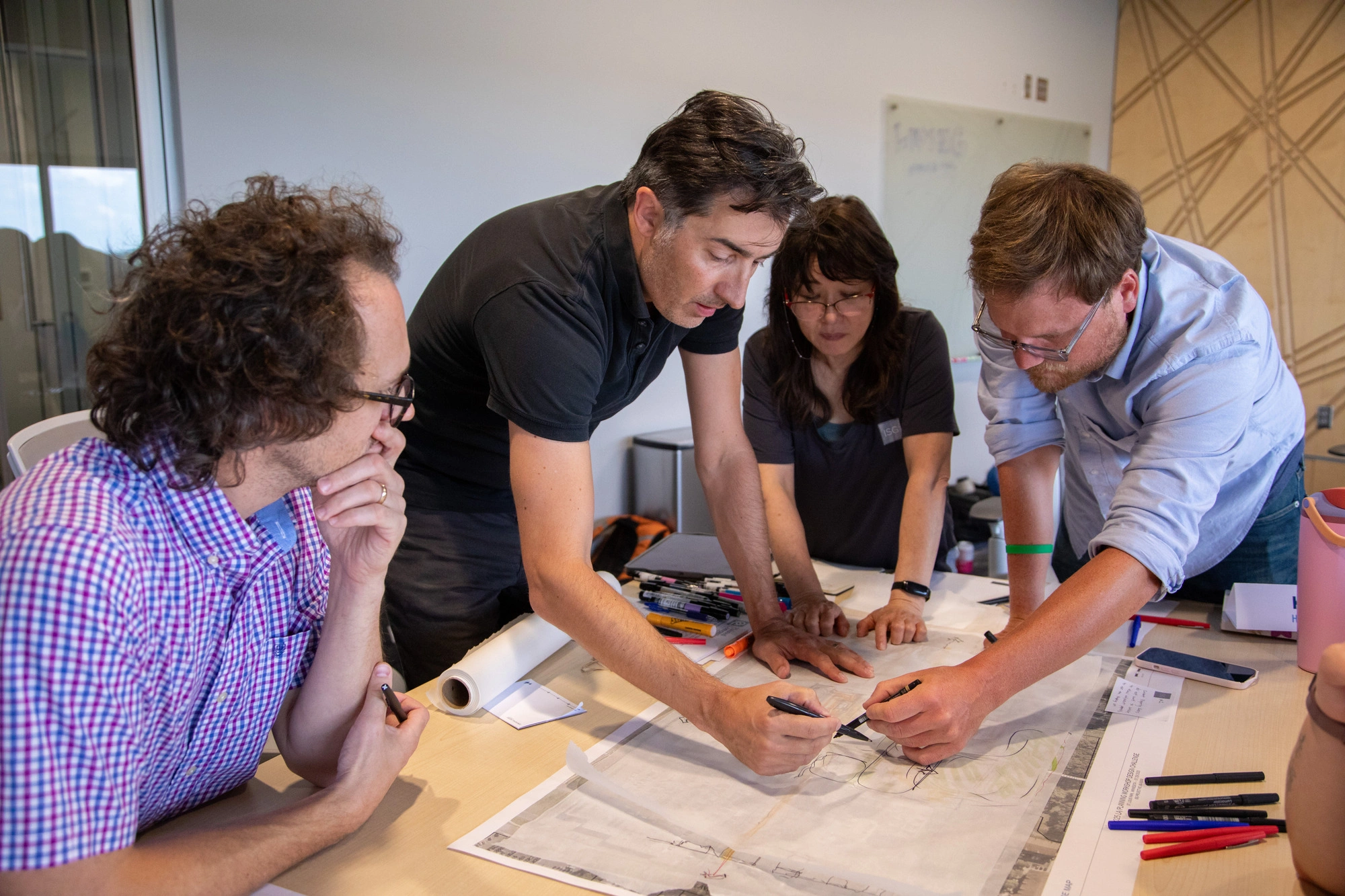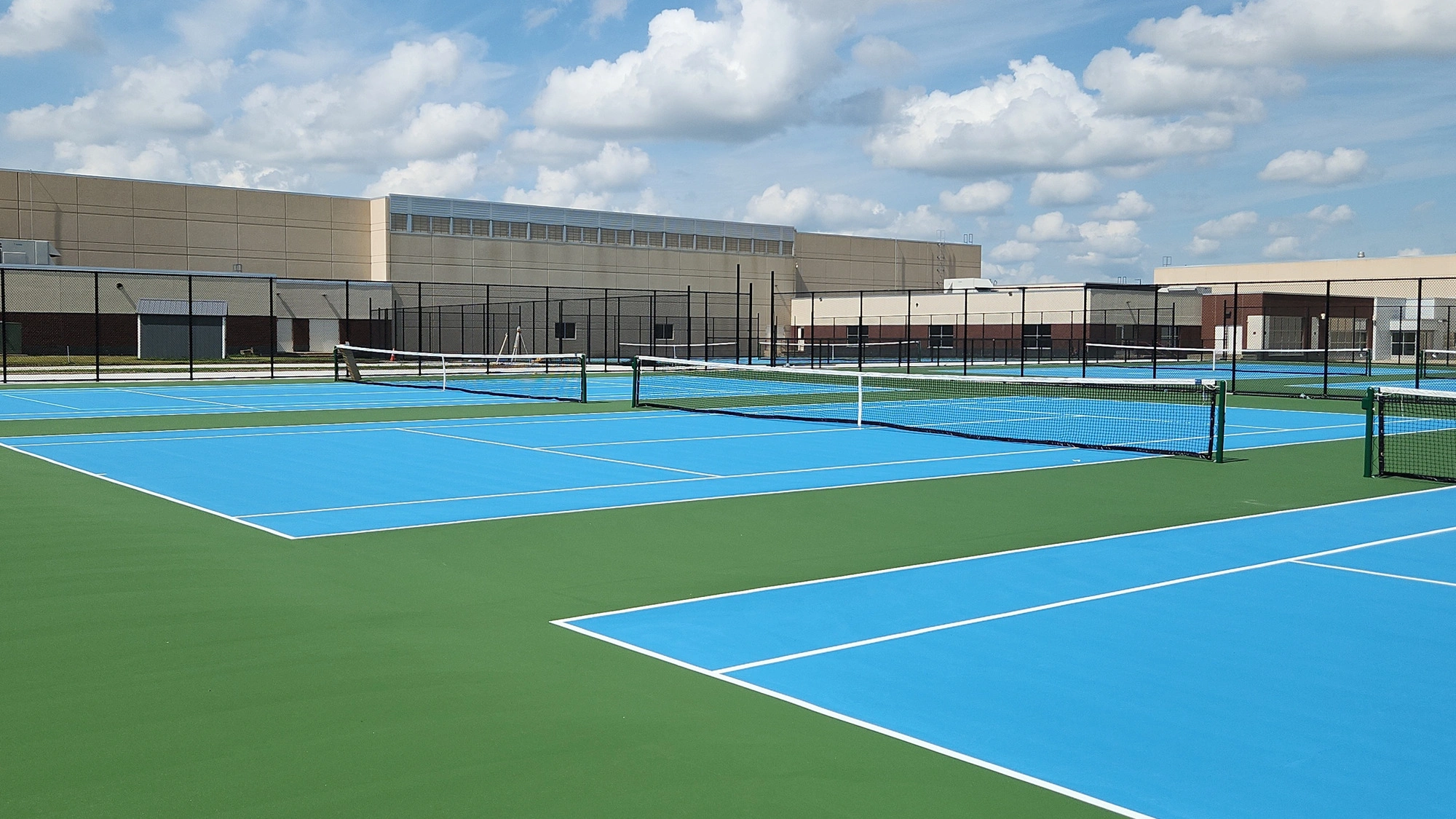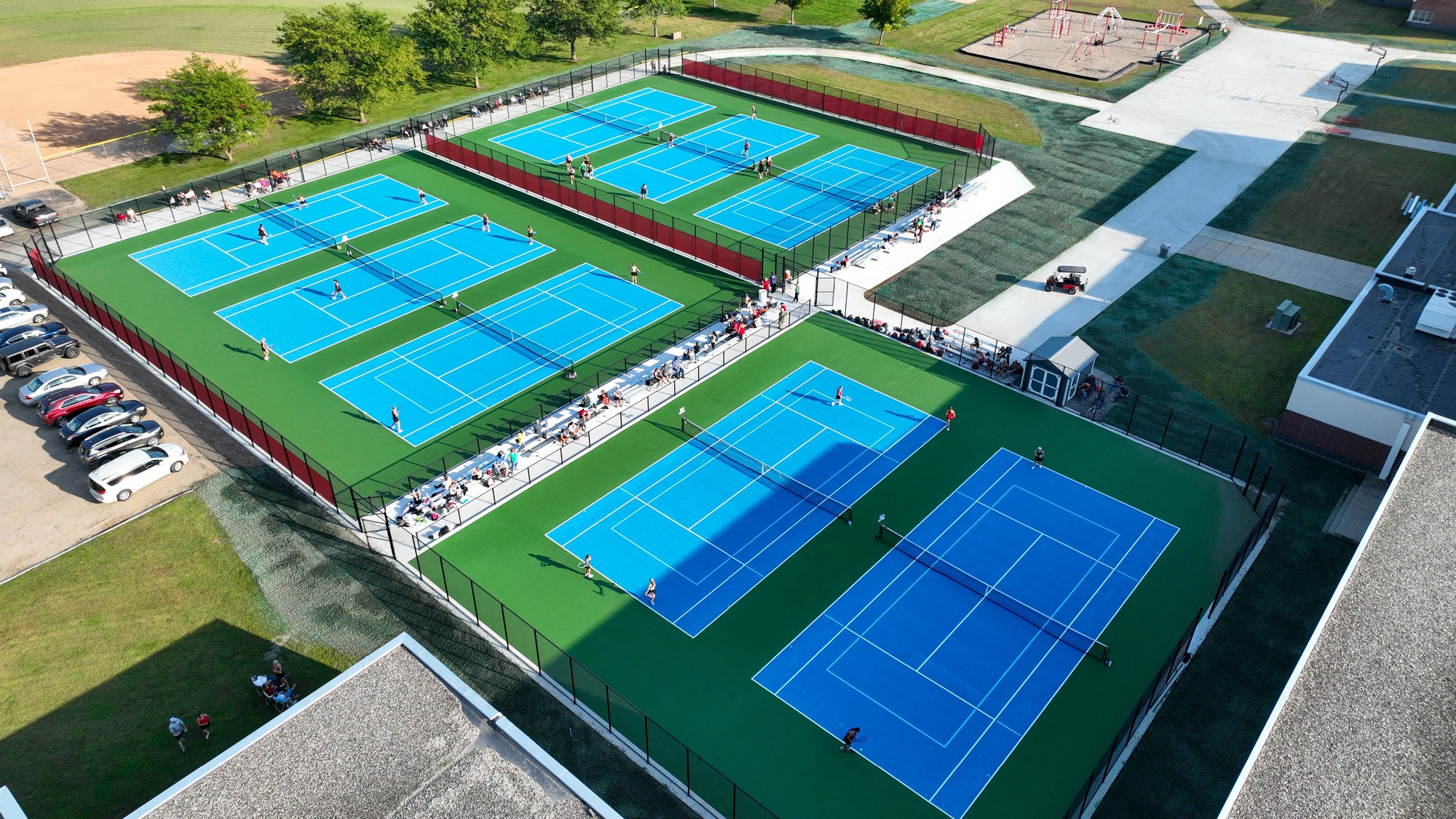So You Built A Drainage Ditch - Now What?
Downstream Ag Drainage Challenges
You Did It! Now What?
You rallied the community, got agencies and county board of supervisors to cooperate, and successfully completed the construction of a habitat saving, crop production enhancing drainage system in your district. So how do you keep up proper maintenance and diligent inspection of the new agricultural drainage systems, support top running quality, and allow for more efficient, ongoing use of drainage funds? Invite a firm with district watchman services to join your team!
On the Watch – The Role of a District Watchman
As the appointed district watchman, engineering firms provide inspection and maintenance services for county drainage district systems. When landowners report problems and concerns to the county auditor or county drainage clerk, an experienced watchmen can conduct site visits to evaluate the problem first-hand – before it becomes exacerbated. On smaller repair projects, most firms will recommend the necessary repairs, prepare a cost estimate, and then arrange for a local contractor to perform the work, with the watchman overseeing the project from beginning to end.
On larger repair and improvement projects, the watchman typically provides a full range of services, including surveying, study, report preparation, design, hearing presentations, and construction staking and observation. This helps ensure that the firm charged with completing the project have an in-depth, boot-on-the ground understanding of the system, reducing the complex drainage process into an easy-to-understand operation.
Tree Trouble? Brush Bothers? No problem.
It is critical to keep trees and brush from growing within an open ditch of a drainage district. Not only for access to the facility for general maintenance, but also for erosion control of the side slop. A district watchman can establish tree and brush management program for all open ditches within jurisdiction. These programs typically involve physical removal of vegetation and herbicide application on a multi-year cycle.
No Maps? No Records? No problem, there, either.
Because the district drainage system has been in place for over 100 years, records on these systems, if even available, are generally difficult to access and view. There are significant benefits to converting to an electronic Geographic Information System (GIS) to manage facilities and track repairs and improvements. ISG, for example, has full GIS capabilities, including field surveys, scanning and digitizing existing mapping, and feature creation, making compensating for missing records easy and cost-effective.
The Water Resource, Resource
These services provide the county board of supervisors an option of hiring a pro-active, on-call inspector (watchman), as their first line of response for maintenance of district facilities. Additionally, unnecessary repairs can be avoided through proper maintenance. Ultimately, the agricultural drainage experience brought to each system under the trained eye of a district watchman results in a satisfied constituency and an efficient use of drainage funds.
Join the conversation #ISGAgriculture #DistrictWatchman

Related Articles


The Future of Southern Minnesota Lakes Conference Returns To Inspire Action on Lake Planning, Preservation, and Restoration
ISG is bringing back The Future of Southern Minnesota Lakes Conference for its fourth year from March 6–7, 2026 creating space for lake association members, environmental professionals, and community leaders dedicated to preserving and restoring Southern Minnesota lakes.

.webp)
ISG Recognized as a 2025–26 Emerging Professional Friendly Firm for the Fourth Consecutive Cycle
ISG has been honored as a 2025–26 Emerging Professional Friendly Firm by AIA chapters in North Dakota, South Dakota, Wisconsin, and Minnesota in recognition of its commitment to fair compensation, licensure support, mentorship, and growth for early-career architects.




_webfull.webp)
.webp)





